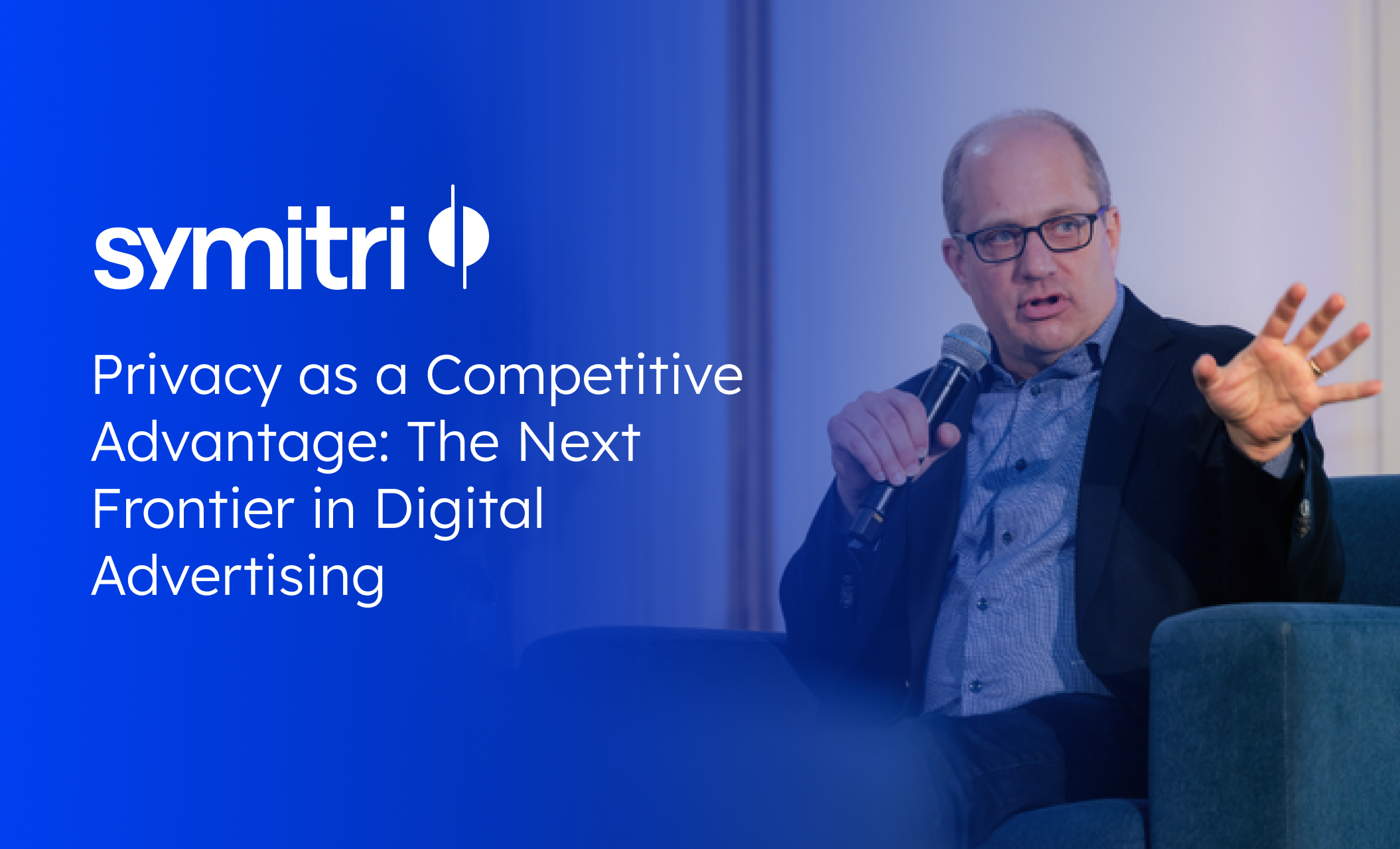I recently had the honor and pleasure of speaking at the NAI’s 25th Anniversary Summit in San Francisco.
Sharing the stage with industry colleagues
Leigh Freund,
Dan Jaye, and
Dave Zinman, we reminisced about the catalysts of the late 1990s that drove our industry to establish the
NAI. We also explored how online privacy has evolved from a niche compliance issue to a strategic business imperative.
For most of the past twenty-five years, advertisers, publishers, and the myriad of tech intermediaries connecting them have viewed privacy largely through the lens of regulatory compliance—a necessary cost, handled somewhat reluctantly to mitigate legal risk.
However, in just the last year or so, I’ve observed a notable shift. Increasingly, forward-thinking organizations are recognizing privacy not merely as a compliance obligation, but as a genuine strategic differentiator. Consumer data, handled responsibly, is rapidly becoming a competitive advantage.
Three Stages of Motivation
To understand how we’ve arrived at this juncture, let’s rewind briefly to the early days of digital advertising. Picture a world where companies like DoubleClick were just beginning to hit their stride, and publishers routinely threw in banner ads as bonus inventory on traditional media deals.
Motivation Stage 1: Avoiding Regulatory Risk (early 2000s)
I distinctly recall sitting in the offices of Abacus Direct right after their June 1999 acquisition by DoubleClick. At the time, I was leading a post-acquisition integration team from PwC (DoubleClick was my primary client) and we were grappling with the fallout of an FTC investigation triggered by DoubleClick’s intention to combine their online profiling data with Abacus Direct’s extensive offline consumer database.
Beyond the walls of our office, the industry widely viewed this new FTC scrutiny as a harbinger of potential government regulation. Self-regulatory organizations, including the NAI, were among the reactions to this deeply concerning risk.
For roughly fifteen years following this moment, industry efforts around privacy primarily focused on minimizing the risk that regulators would get in our way. Privacy was a back-office function—a cost center managed by lawyers with little, if any, customer-facing responsibility. The name of the game was to look like we’re good citizens so that nobody in government would notice a growing list of (oftentimes) shady consumer data practices.
Motivation Stage 2: Avoiding Legal and Reputational Consequences (from 2018 onward)
Industry perception shifted considerably when consumer awareness exploded, spurred by high-profile privacy scandals like Facebook’s Cambridge Analytica revelation in late 2015. This heightened consumer awareness inevitably drew regulatory attention.
Attention turned into regulation in May 2018 with the EU’s GDPR. Shortly after, the California Consumer Privacy Act was signed, becoming effective January 1, 2020. Today, twenty U.S. states have comprehensive privacy laws. This regulatory environment made it clear: the compliance stakes were rising significantly.
In response, we saw rapid growth in the privacy tech sector, particularly in consent management platforms from companies like SourcePoint, TrustArc and OneTrust, along with compliance due-diligence platforms like what Safeguard Privacy launched with the IAB in 2024. Data cleanrooms like Snowflake and InfoSum appeared on the market during this time as well.
But when Google pulled the plug from Privacy Sandbox last July and subsequently abandoned Chrome’s cookie deprecation this April, the industry momentarily paused—perhaps even exhaled—reassessing priorities amid the shifting regulatory timeline. And that’s when we started to see another material shift.
Motivation Stage 3: Competitive Differentiation (2025 and beyond)
After a brief period of collective relief, a fresh realization has begun to take hold. Privacy is no longer merely a defensive posture—it’s become an opportunity for proactive differentiation. Respected advertisers and publishers are increasingly recognizing that customer trust is a critical asset. These organizations understand that consumers will share valuable data if—and only if—they trust the company holding it.
Not every competitor can credibly claim such trust. Which is why we’re seeing a shift toward privacy as a strategic differentiator.
Beyond Compliance
We’re entering a period where embracing responsible data practices translates directly into customer trust, loyalty, and ultimately, sustained market leadership. For digital advertisers and publishers, the benefits are transformative.
Privacy-forward performance solutions enable them to deliver personalized, highly effective content and advertising experiences without sacrificing trust. High-quality consumer insights directly translate into measurable business outcomes. Data is the new gold. Privacy is the next competitive advantage.
As I emphasized during my panel remarks at the NAI Summit:
“Privacy isn’t just compliance—it’s good business.” Those who embrace this approach today will be the market leaders of tomorrow. Consumer trust and business success go hand in hand.

